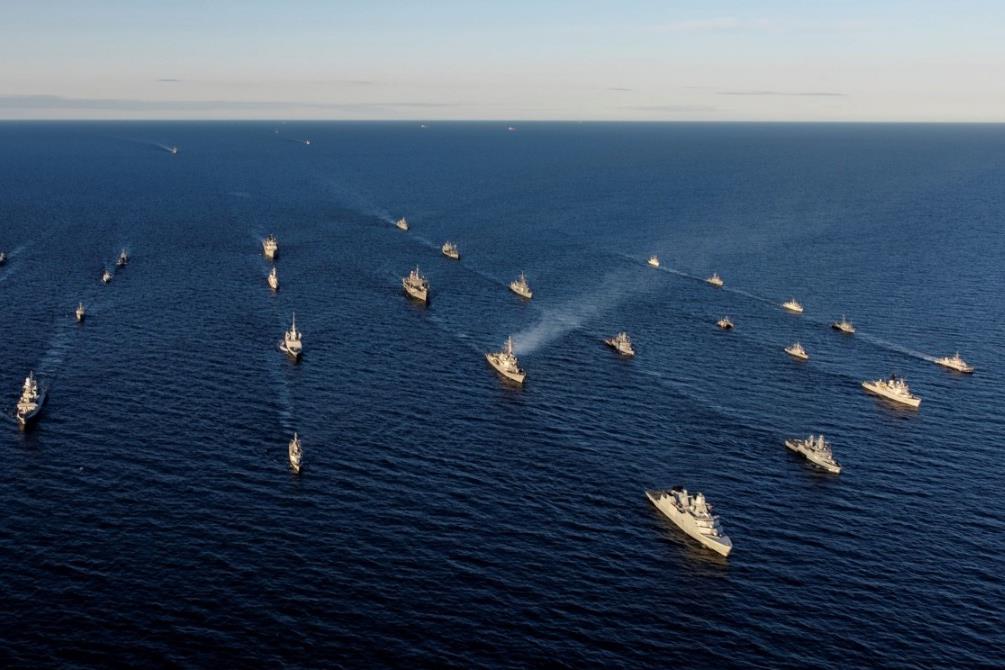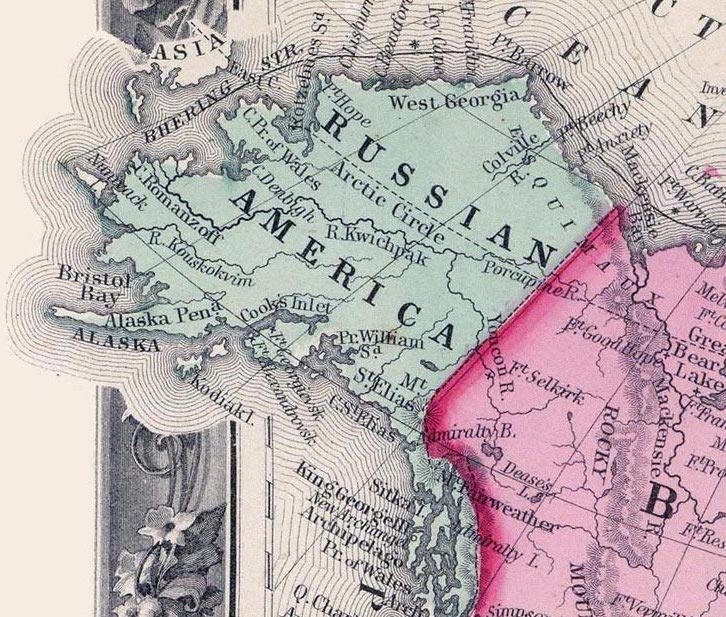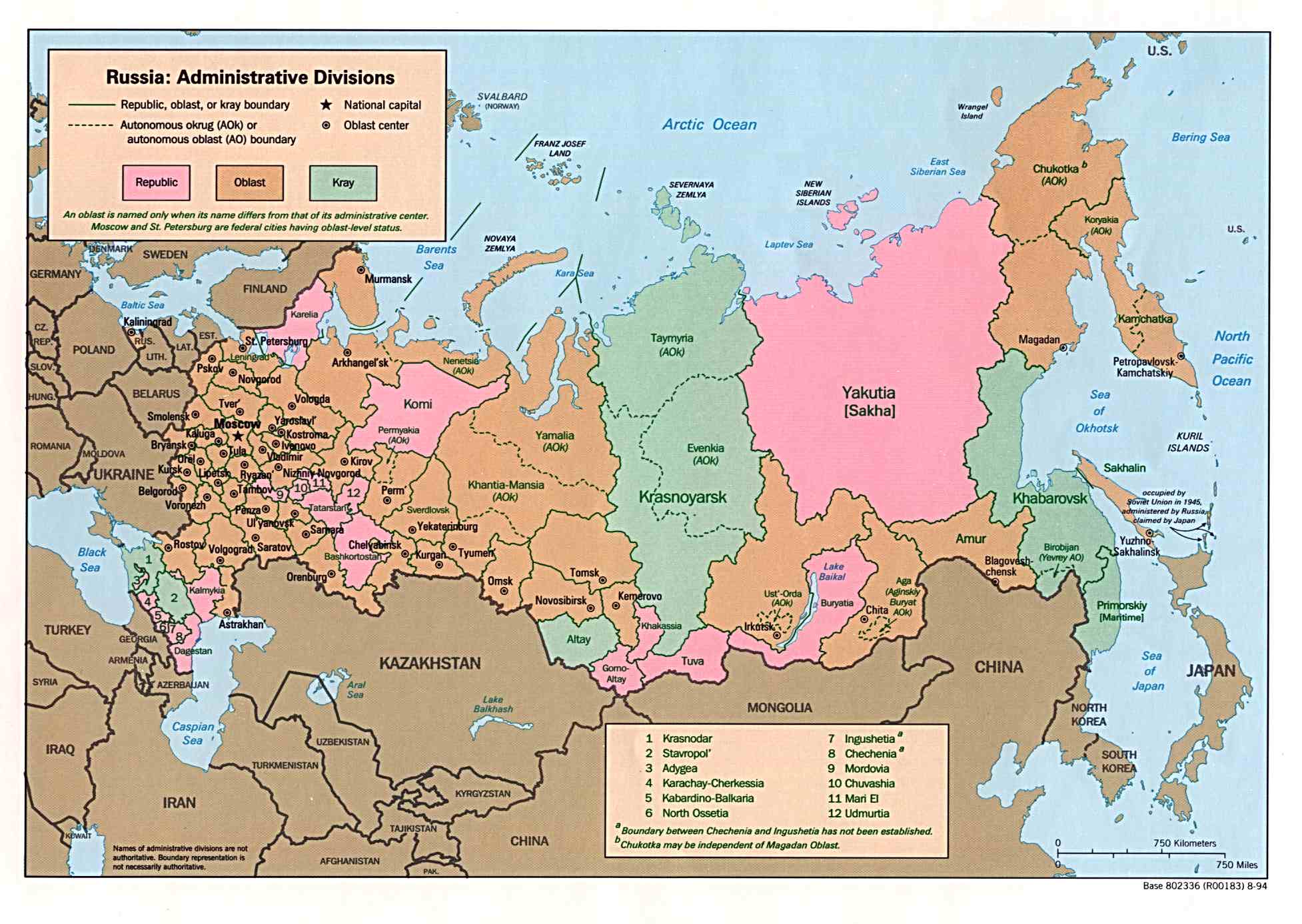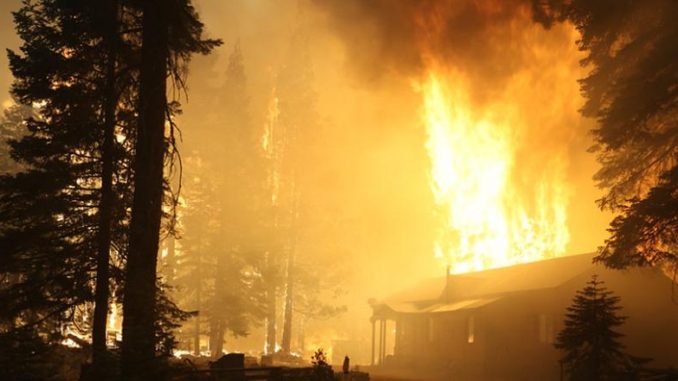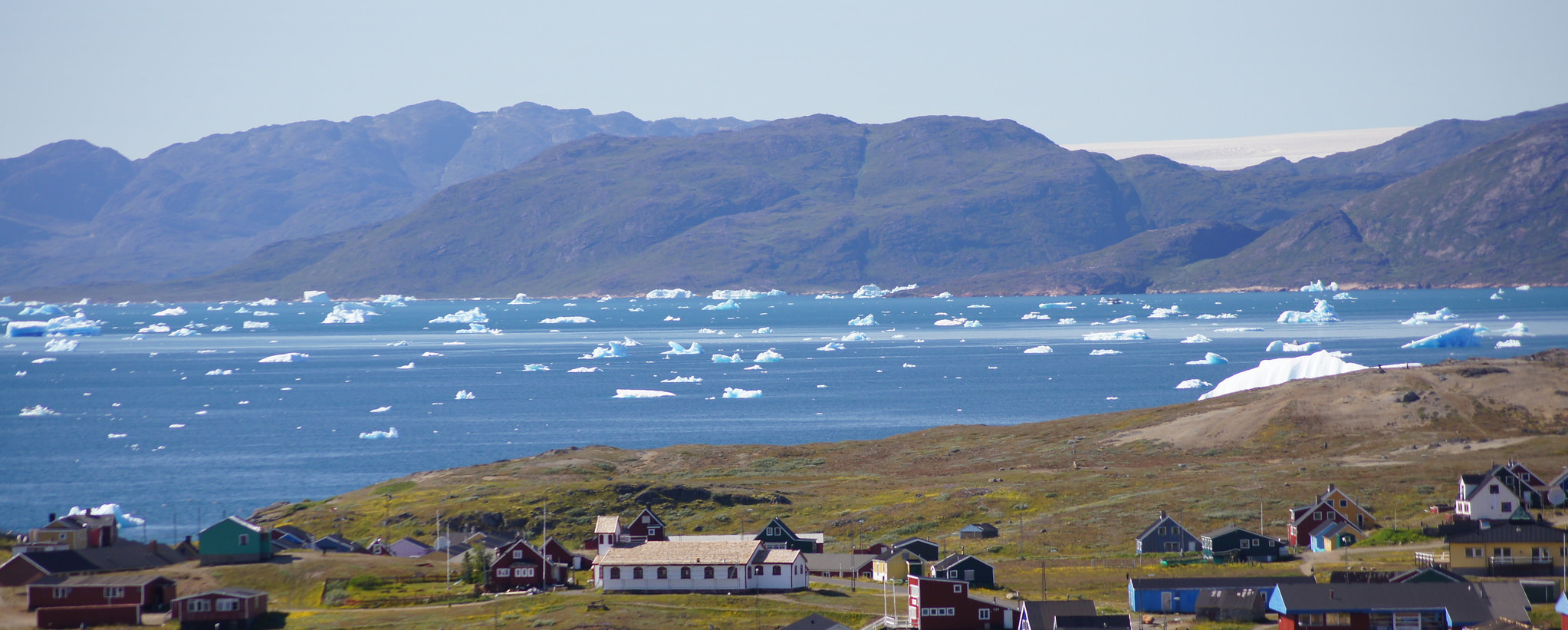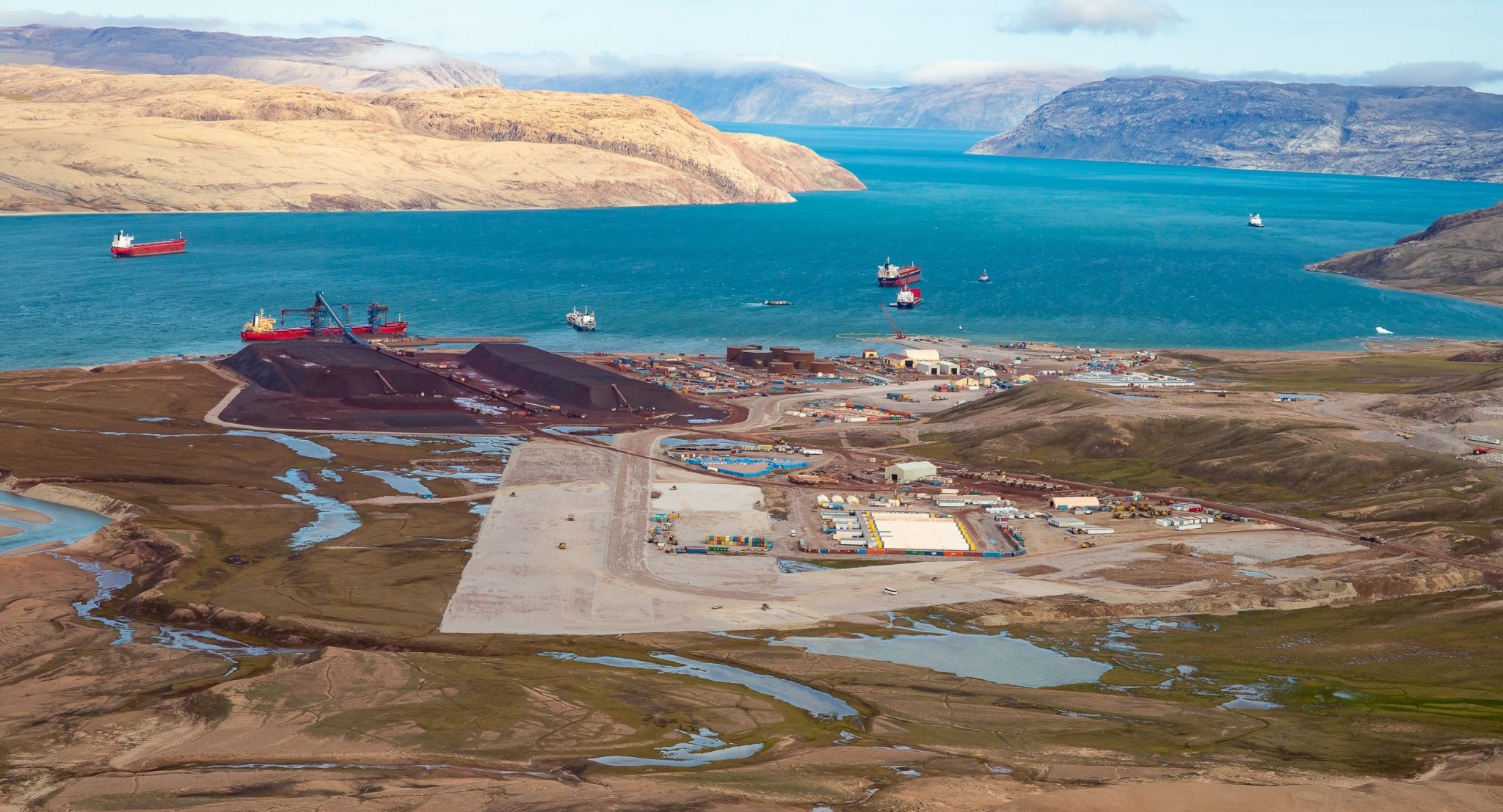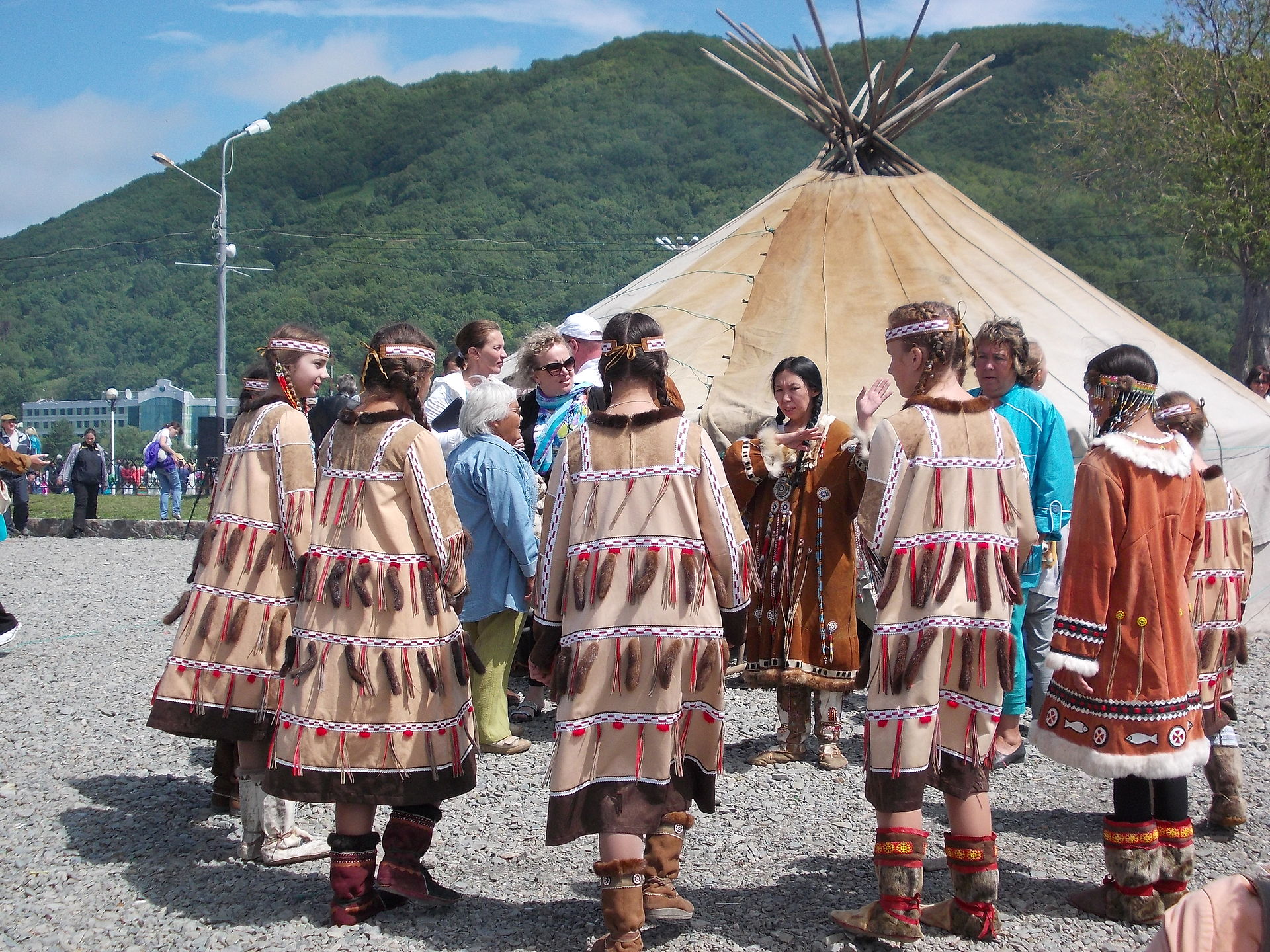
Russia: indigenous rights groups designated ‘extremist’
The Observatory for the Protection of Human Rights Defenders released a statement urging Russia to refrain from designating groups advocating for the rights of indigenous peoples and national minorities as “extremist organizations.” The statement follows a decision by Russian authorities a week earlier to thusly classify 55 such organizations. The Ministry of Justice cited a June ruling by Russia’s Supreme Court banning “structural divisions” of the so-called “Anti-Russian Separatist Movement,” which was defined as an “international public movement to destroy the multinational unity and territorial integrity of Russia.” Involvement in the movement may result in a sentence of up to six years in prison—despite the fact that no such movement formally exists. (Photo of Itelmen people in the Kamchatka Peninsula via Wikipedia)



